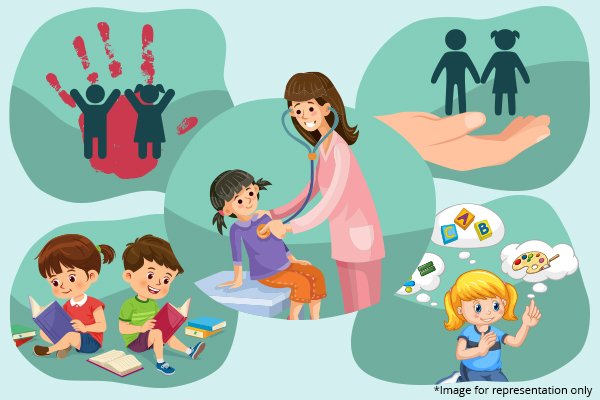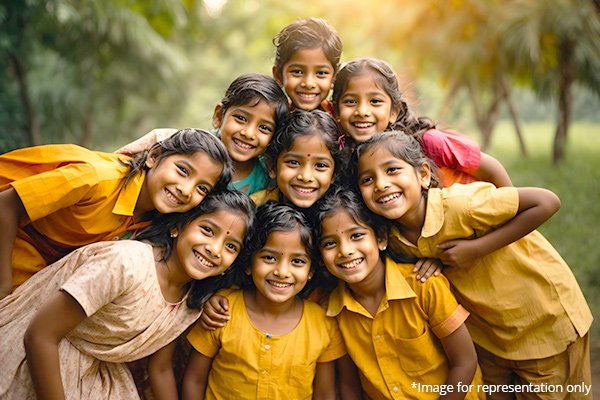Childhood is often called the golden phase of life since it is the time to be in school, play and enjoy tasty meal, and receive abundant love and care from parents, teachers, peers and the community. However, some children are deprived of such advantages because of the circumstances under which they are born, preventing them from leading such a happy life. It is here lies the importance of NGOs.

NGOs play a crucial role in ensuring the well-being of children. Here are some key points for how NGOs give children a nurturing environment where they can grow up healthily and enjoy their rights.
Protect children from violence, abuse and exploitation
There are numerous NGOs that conduct awareness programmes and campaigns to educate children, parents and caregivers about child rights and protect them from the risk of violence, abuse and exploitation. Thus, they encourage communities to provide children safe and supportive environment and encourage people to act responsibly against incidences like child abuse, child trafficking, child labour, child marriage, etc.Support the government to provide essential services for children
Some NGOs work in collaboration with the government to address social issues. They bridge the gaps in the government’s child-welfare programmes by providing services that enhance the effectiveness of those initiatives. By bringing the government’s notice to the issues that they may overlook and giving suggestions, they help the government to better understand the needs and challenges, so as to plan, execute and monitor the programmes for providing children the best. They put efforts to influence policies to better protect and support children.Support the education of children
There are many NGOs that focus on increasing access to education, especially for marginalised children and ensure that they have the necessary resources for their educational development. They offer scholarships and financial assistance to children who would otherwise be unable to afford education. This includes covering school fees, providing uniforms, textbooks, and other necessary supplies.

Conduct research on child-related issues
NGOs that conduct research and collect data to understand the issues of children play vital in formulating evidence-based policies and programmes. Through collaboration with the government, corporates, academic institutions, and research organisations, those NGOs address child welfare issues effectively. They conduct programmes to educate the public and to create comprehensive solutions to the issues of children.Provide nutrition programmes and health support
Health and nutrition are fundamental components of a child’s overall well-being. Adequate nutrition is essential for a child’s physical and cognitive development. Malnutrition is a widespread issue in many parts of the world. In India, many NGOs are striving to combat malnutrition by implementing various programmes like the Mid-Day Meal Programme (PM POSHNAN Abhiyaan) of the Government of India and ensure that children are healthy and ready to learn to pursue their dreams.

Children are vulnerable population who need attention and care. NGOs give a tremendous contribution to improve the lives of children. Everyone has a collective responsibility to nurture and protect them because they are the next generation who will shape the destiny of the nation. So, supporting the cause of child welfare is not limited to the moral sphere but also extends to the development of the country. Your donation for children helps NGOs to explore every possible avenue to better the lives of children.